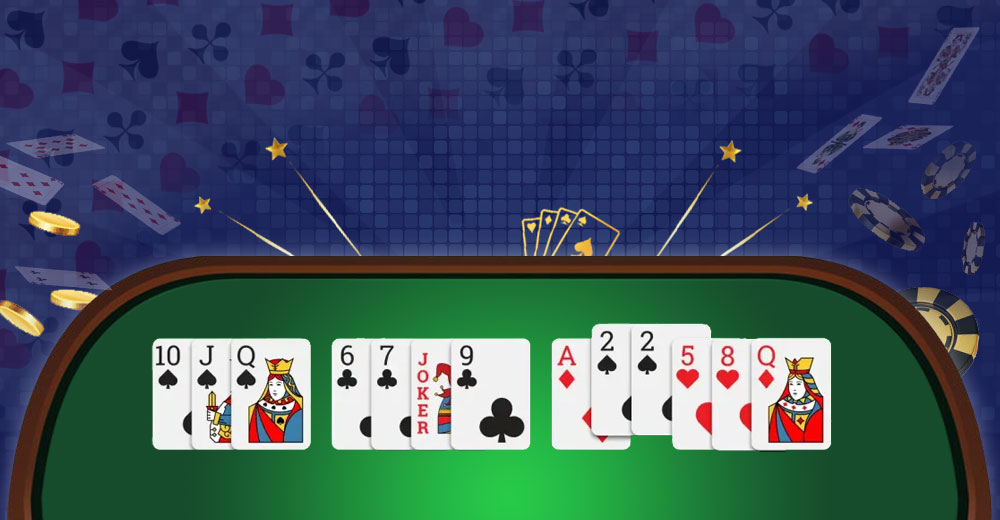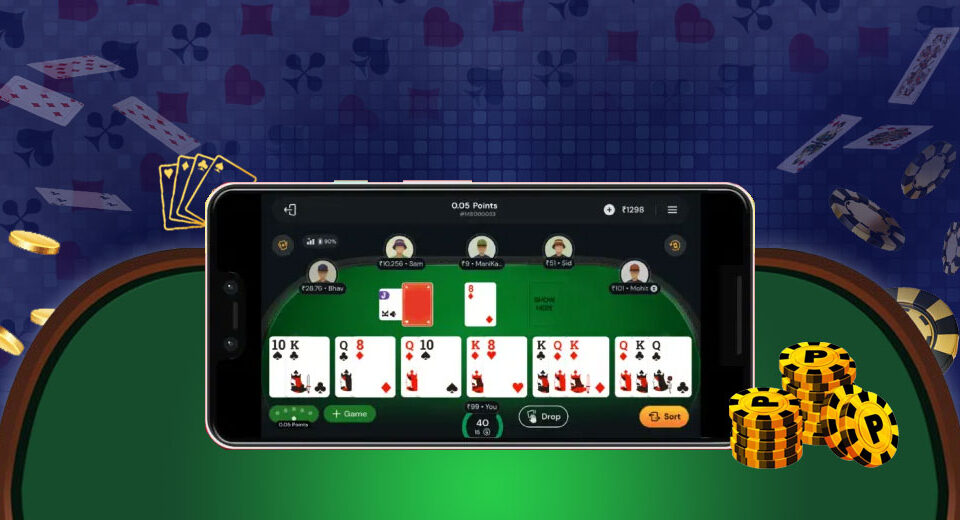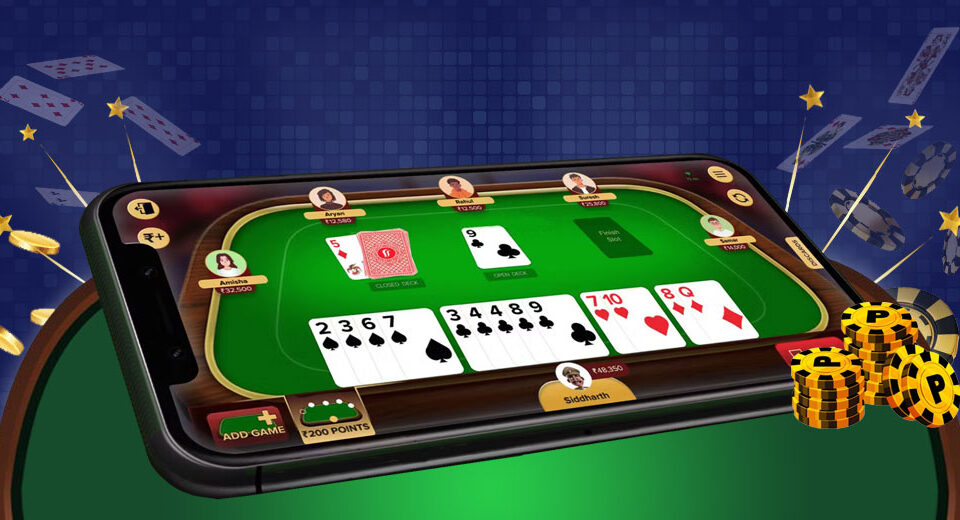Choosing Your First Drop Wisely in Pool Rummy
Every skilled Indian Rummy player knows that a well-timed decision can alter the entire course of a game. In Pool Rummy, where the objective is to avoid accumulating points and stay below the elimination threshold, the first drop isn’t a defensive act - it’s a strategic move. While new players may hesitate to drop at the very beginning, seasoned ones understand that doing so can prevent bigger setbacks later. Knowing when to stay and when to opt out is critical in Pool Rummy, particularly in IndianRummy online formats where speed, clarity, and calculation matter from the first card.
1. Recognise an Unfavourable Hand Immediately
Your first decision in Pool Rummy begins the moment cards are dealt. A poor starting hand might consist of scattered high-value cards, no jokers, and no potential for an immediate pure sequence. Holding on to such a hand in the hope of drawing something useful might lead to a full-point loss if your opponent declares early.
The Indian rummy rules allow a first drop with a low penalty - typically 20 points. This is far more favourable than losing with 40 or more. Assess your hand with honesty. If you’re facing a highly disjointed layout, the best tactic may be to drop early.
2. Understand the Cost of First vs. Middle Drop
In Pool Rummy, there are two types of drops: the first drop and the middle drop. A first drop (before you pick a card) costs fewer points than a middle drop (after your first pick). Hence, if you're going to opt out, doing so before picking is crucial.
The psychology of dropping might feel counterintuitive - you may wonder if you’re giving up too early. But experienced Indian rummy card game players view it as conserving their lifeline. Letting go of a risky round early is not defeat; it’s tactical patience.
3. Identify Key Drop Scenarios
There are clear red flags that signal when to drop your first hand:
- You have no joker and no potential for a pure sequence.
- Your cards are spread across many suits without any close connectors.
- You’re loaded with high cards like K, Q, J, and 10 with no grouping possibility.
- The game is in its early stage and preserving points is crucial.
Learning these scenarios can guide you in split-second decisions during online rummy game sessions where hesitation may cost you dearly.
4. When It’s Worth Staying: The Exceptions
Not all bad hands require a drop. Sometimes, you may start without a pure sequence but spot a potential to form one quickly using a joker or a couple of drawn cards. If you also possess grouped low cards and can formulate two sequences with minor effort, consider playing the hand.
Also, factor in your current standing. If you are well below the point limit and can afford a minor risk for potential high gain (like a quick declaration), you might decide to stay. The key is to compare your hand’s potential to your point buffer.
5. Avoid Emotional Play - Stay Logical
Many players stay in the game due to emotional attachment or the fear of looking passive. Others feel overly optimistic about bad hands. Pool Rummy punishes emotional decisions. Your approach should be guided by data: card potential, past patterns, joker presence, and your current score.
A logical first-drop decision is not about missing an opportunity; it’s about eliminating unnecessary risk. In the context of Indian rummy online, where opponents play fast and make swift declarations, hesitation is expensive.
6. Use the First Drop to Observe Opponent Strategy
While you sit out after a first drop, take it as an opportunity to observe your opponents. You can still track discards, joker usage, and behavioural patterns. In future rounds, this intel becomes valuable. Pool Rummy is as much about reading the table as it is about your own hand.
A drop doesn’t disconnect you from the game - it prepares you better for the next hand. You restart with zero loss in context and full knowledge of your opponents’ tendencies.
7. The Drop as a Psychological Tool
An often-overlooked element in Pool Rummy is how your drop affects others psychologically. When you drop early, opponents might think you’re a cautious or unpredictable player. This reputation might cause them to misread your next few moves.
In long matches, setting this tone can work in your favour. Use this strategically. One well-timed drop now can lead to an opponent second-guessing your strong hand later.
Conclusion: A first drop is not a fallback but a forward-thinking decision that saves points and sharpens future rounds.
Making the right call on the first drop is a discipline every Pool Rummy expert develops. It is not about defeat; it’s about defence. Choosing to drop wisely helps you preserve your point bank, avoid unnecessary losses, and maintain a longer presence in the match. By evaluating your hand swiftly, understanding the rules and penalties, and staying clear-headed under pressure, you can make smarter choices in every round. In Indian rummy card game sessions that extend for multiple rounds, the player who knows when to fold is often the one who advances furthest. Patience, evaluation, and restraint are the true starting hands of a successful Pool Rummy game.




